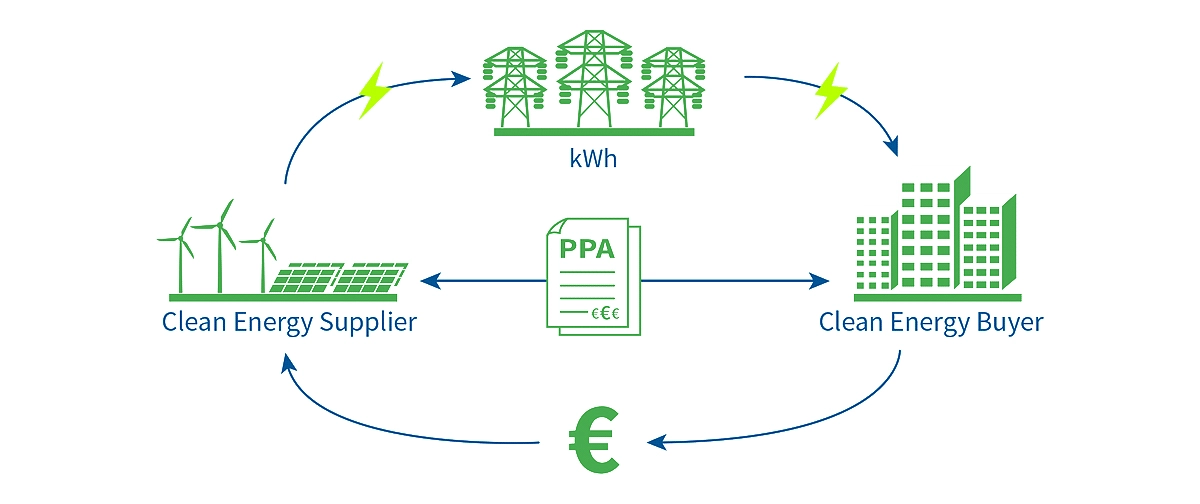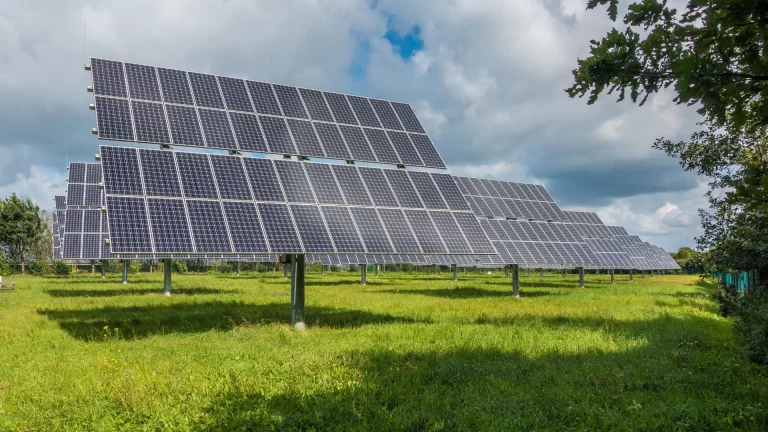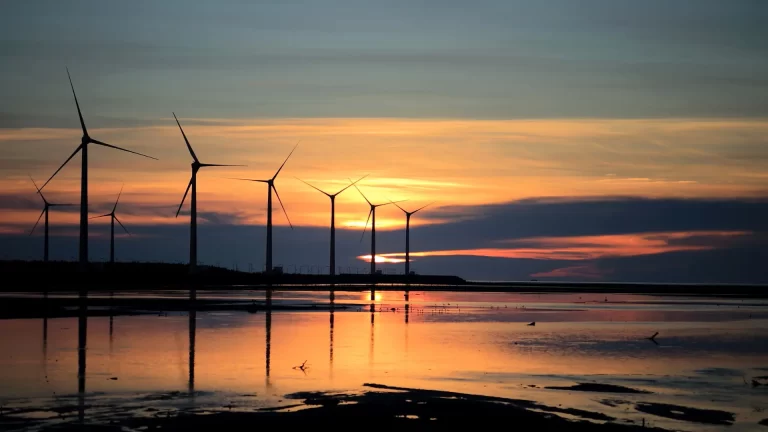A Power Purchase Agreement (PPA) is a crucial contract in the energy sector. It governs the sale and purchase of electricity between a generator and a buyer. Renewable energy projects often use PPAs. PPAs establish terms, conditions, and pricing mechanisms. They ensure the long-term sale of electricity from renewable sources.
How Does a Power Purchase Agreement Work?
A Power Purchase Agreement (PPA) is a contract between an electricity generator and a buyer. The generator is typically a renewable energy developer or independent power producer. The buyer could be a utility, corporation, government entity, or another electricity off-taker. The agreement requires the generator to sell electricity to the buyer for a set period, often lasting several years. The buyer agrees to purchase the specified amount of electricity produced by the project.

PPA can help to make your electricity supply greener. Source.
Key elements of a PPA include:
Electricity Pricing
PPAs define the pricing structure for the sale of electricity, which may include fixed or variable rates, escalators, or other mechanisms tailored to the specific project and market conditions.
Term and Quantity
PPAs specify the duration of the agreement and the quantity of electricity to be supplied, providing both parties with clarity on the volume and duration of the transaction.
Responsibilities and Liabilities
The agreement delineates the respective responsibilities and liabilities of the generator and the buyer concerning issues such as delivery obligations, performance guarantees, and risk allocation.
Benefits of Power Purchase Agreements
PPAs offer several benefits for both electricity generators and buyers:
Risk Mitigation
PPAs provide revenue certainty for electricity generators, reducing the financial risks associated with project development and operation. Buyers benefit from long-term price certainty, shielding them from volatility in energy markets.
Support for Renewable Energy Development
PPAs play a crucial role in facilitating the development of renewable energy projects by providing developers with a stable revenue stream, thus encouraging investment in clean energy infrastructure.
Cost-Effectiveness
By locking in favorable electricity prices over the long term, PPAs can result in cost savings for buyers compared to traditional utility tariffs, contributing to improved financial performance and competitiveness.
Types of Power Purchase Agreements
PPAs come in different forms to meet the specific needs and circumstances of the parties involved:
- Utility-Scale PPAs: These agreements involve large-scale renewable energy projects, such as solar or wind farms, selling electricity to utilities or large commercial and industrial consumers.
- Corporate PPAs: Corporations and businesses enter into direct agreements with renewable energy developers to purchase electricity for their operations, often as part of sustainability or carbon reduction strategies.
- Virtual PPAs: In virtual PPAs, the buyer agrees to purchase renewable energy credits (RECs) associated with the generation of renewable electricity, rather than the physical electricity itself. This allows buyers to support renewable energy projects without physically receiving the electricity.
Conclusion
In conclusion, Power Purchase Agreements are crucial for promoting renewable energy and advancing a sustainable energy future. They offer revenue certainty, risk mitigation, and affordable electricity supply arrangements. PPAs significantly boost the expansion of renewable energy projects globally. As the global energy landscape continues to evolve, PPAs will remain a cornerstone of renewable energy financing and procurement strategies.
Frequently asked questions
What is a Power Purchase Agreement (PPA)?
A Power Purchase Agreement (PPA) is a contractual arrangement in the energy sector governing the sale and purchase of electricity between an electricity generator and a buyer. It is commonly used in renewable energy projects. PPAs outline the terms, conditions, and pricing mechanisms for the long-term sale of electricity generated from renewable sources.
What are the key elements of a Power Purchase Agreement (PPA)?
Key elements of a PPA include electricity pricing, which defines the pricing structure for the sale of electricity. The term and quantity of electricity to be supplied, providing clarity on the volume and duration of the transaction. And responsibilities and liabilities, delineating the obligations of both parties concerning delivery, performance guarantees, and risk allocation.
What are the benefits of Power Purchase Agreements (PPAs)?
PPAs offer several benefits, including risk mitigation for electricity generators by providing revenue certainty, support for renewable energy development by encouraging investment in clean energy infrastructure, and cost-effectiveness for buyers by locking in favorable electricity prices over the long term, resulting in potential cost savings compared to traditional utility tariffs.






